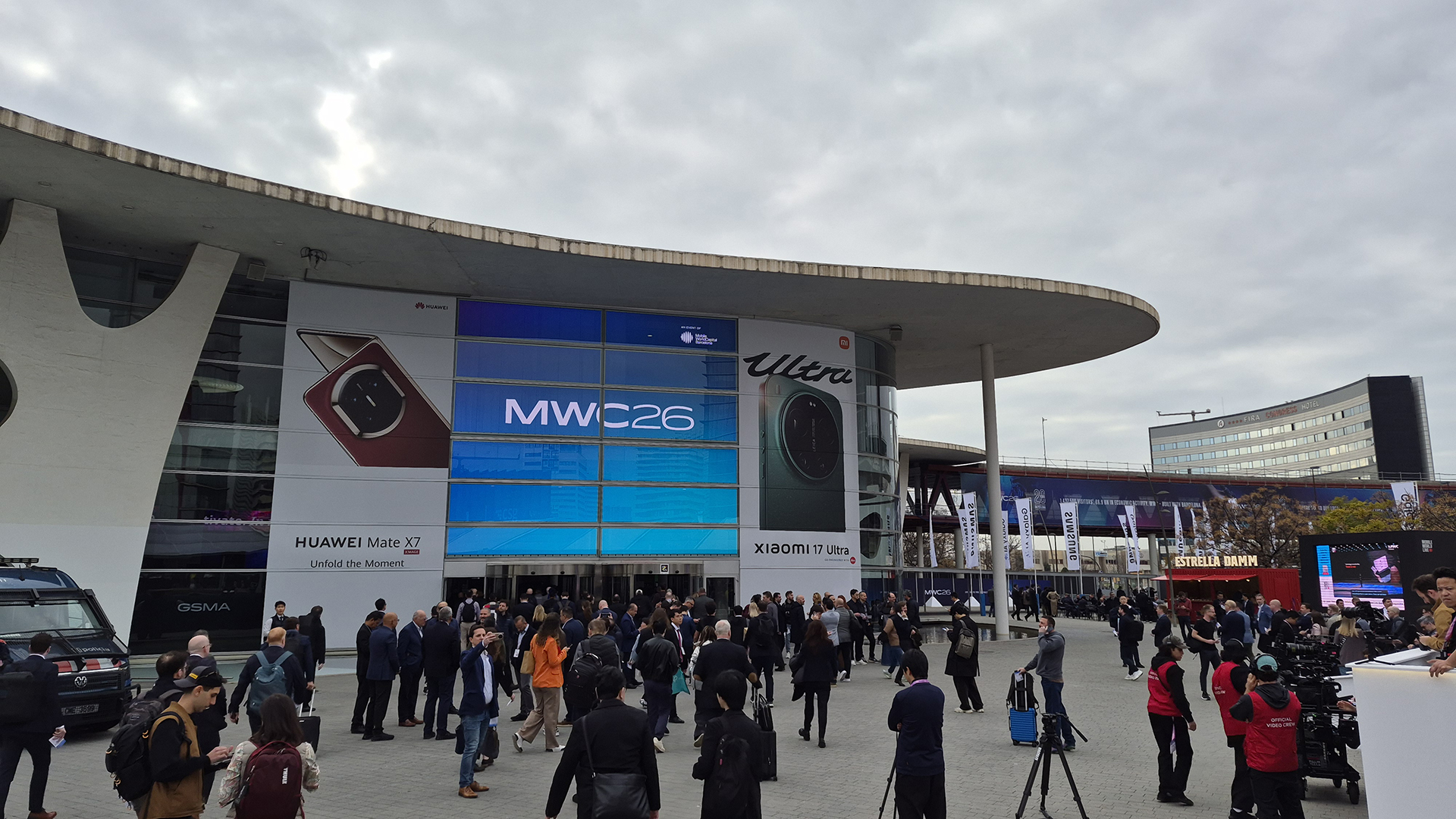EU formally approves Microsoft's browser plan
The European Commission and rival Opera agree that consumers are the winners.


Sign up today and you will receive a free copy of our Future Focus 2025 report - the leading guidance on AI, cybersecurity and other IT challenges as per 700+ senior executives
You are now subscribed
Your newsletter sign-up was successful
The European Commission has made Microsoft's browser ballot scheme law.
Following anti-competition charges to do with the bundling of Internet Explorer with its Windows operating system, Microsoft must advertise rival browsers to its own customers across Europe for the next five years.
This will be done using a using a "choice screen", also known as a browser ballot, that shows the different options available - such as Opera, Chrome or Firefox - and where to download them.
The rule also lets manufacturers install the browser of their choice as default on machines running Windows.
Competition Commissioner Neelie Kroes said in a statement: "Such choice will not only serve to improve people's experience of the internet now but also act as an incentive for web browser companies to innovate and offer people better browsers in the future."
Rival browser maker Opera agreed that customers are the winners in the decision. "This is a victory for the future of the web. This decision is also a celebration of open web standards, as these shared guidelines are the necessary ingredients for innovation on the web," added chief executive Jon von Tetzchner in a statement.
Interoperability
Sign up today and you will receive a free copy of our Future Focus 2025 report - the leading guidance on AI, cybersecurity and other IT challenges as per 700+ senior executives
The commission noted that Microsoft would also be filing new plans later today to boost interoperability.
"The Commission welcomes this initiative to improve interoperability," it said. "Even though it remains informal vis--vis the Commission, Microsoft's public undertaking offers assurances to third parties that can be privately enforced."
"The Commission will carefully monitor the impact of this undertaking on the market and take its findings into account in the pending antitrust investigation regarding interoperability," it added.
Freelance journalist Nicole Kobie first started writing for ITPro in 2007, with bylines in New Scientist, Wired, PC Pro and many more.
Nicole the author of a book about the history of technology, The Long History of the Future.
-
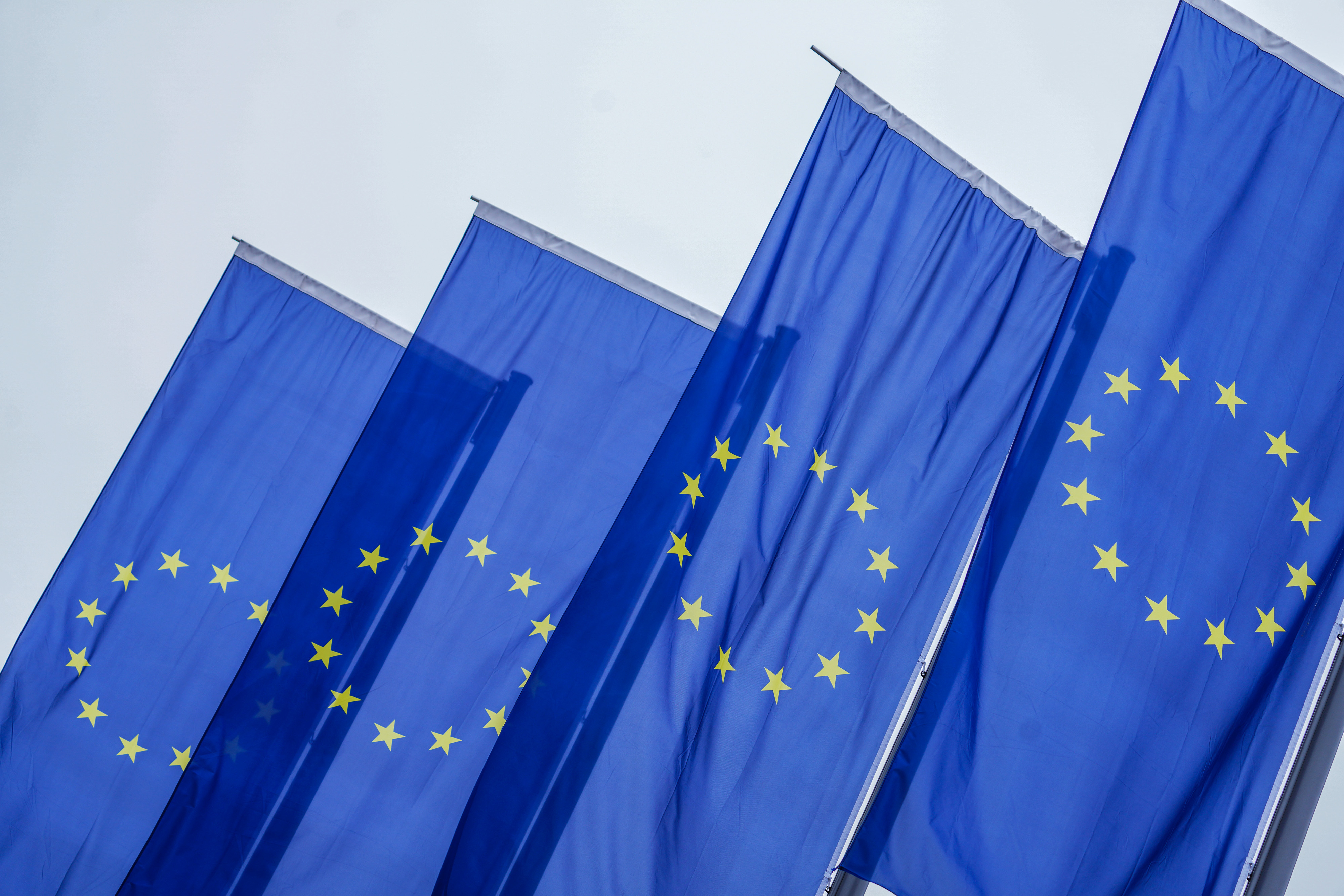 Open source advocates "cautiously optimistic" about Cyber Resilience Act after industry pushback prompts changes
Open source advocates "cautiously optimistic" about Cyber Resilience Act after industry pushback prompts changesNews Amendments to the Cyber Resilience Act in December curtailed the potential impact on open source developers in the region, an industry body has said
-
 Reprieve for open source industry as agreement reached on Cyber Resilience Act
Reprieve for open source industry as agreement reached on Cyber Resilience ActNews The Cyber Resilience Act has been maligned by open source advocates across Europe
-
 What's the EU's problem with open source?
What's the EU's problem with open source?Analysis The open source community has raised concerns about a raft of new regulatory changes in the EU in recent months
-
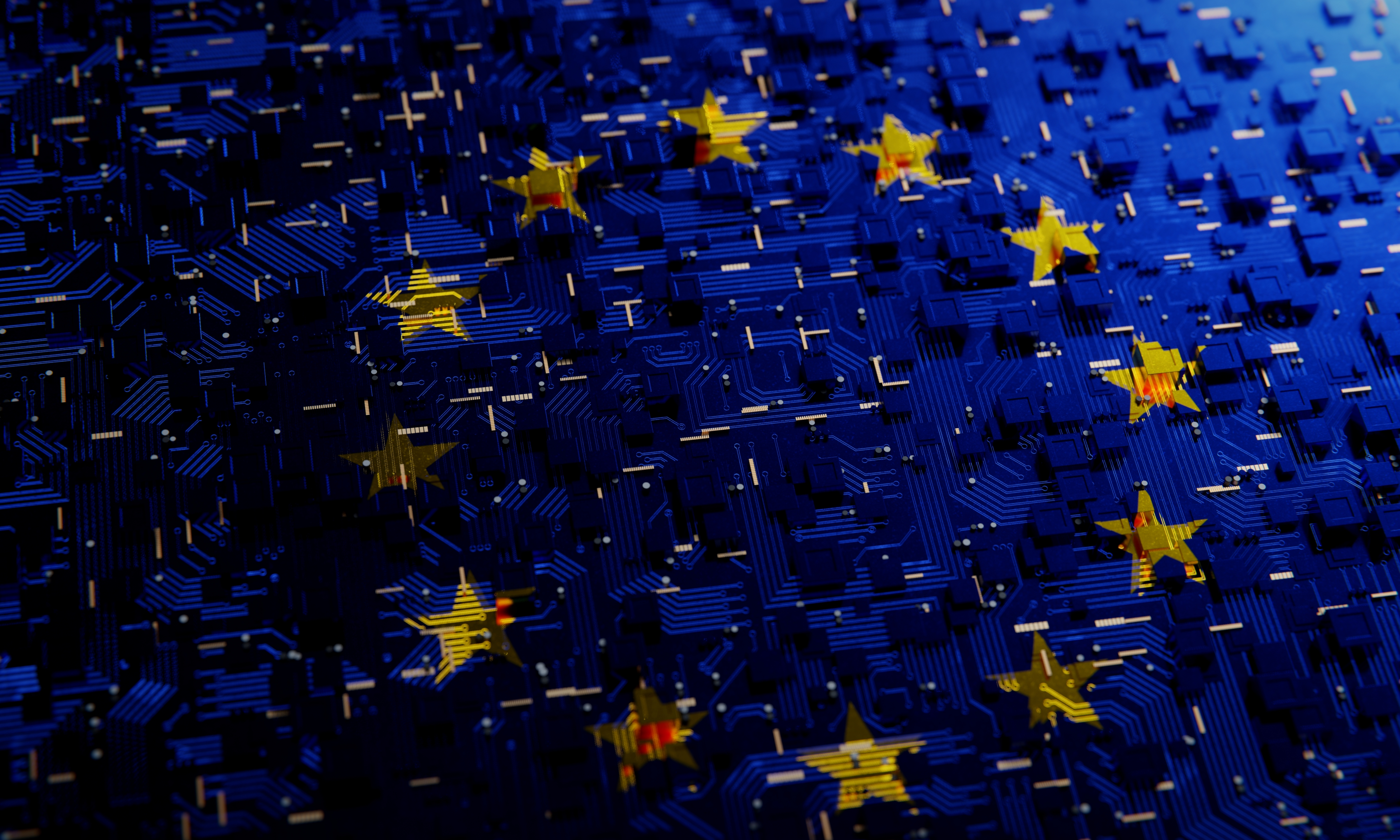 EU Cyber Resilience Act a ‘death knell’ for open source software, critics warn
EU Cyber Resilience Act a ‘death knell’ for open source software, critics warnNews Critics of the act claim that requirements for open source software usage could severely impact the community
-
 Swedish privacy concerns result in fines over Google Analytics
Swedish privacy concerns result in fines over Google AnalyticsNews Swedish privacy authority ordered companies to stop using the ubiquitous web traffic analysis tool, in line with recent EU rulings
-
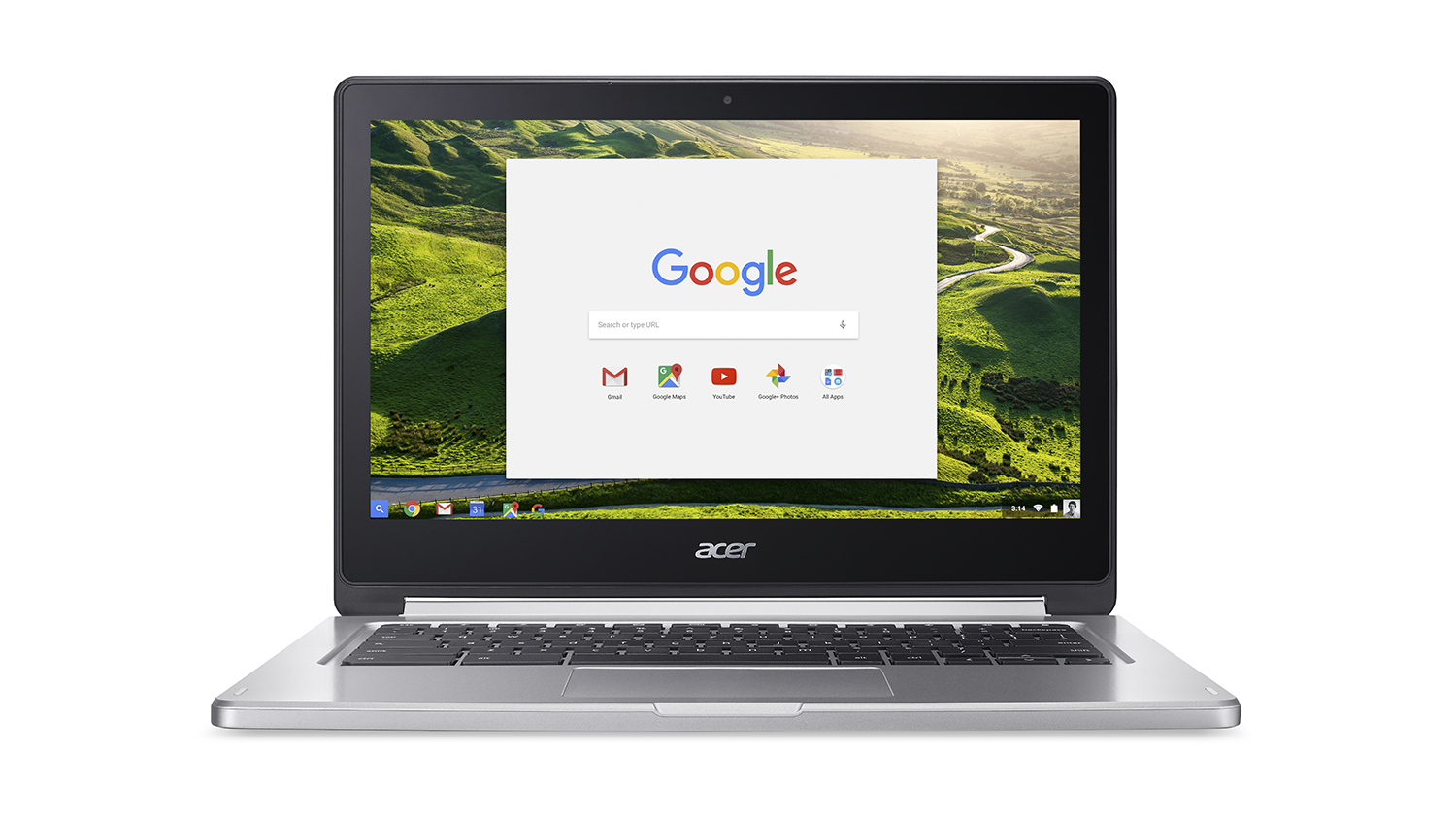 Researcher says criticising Google cost him his job
Researcher says criticising Google cost him his jobNews Barry Lynn sets up new group to address platform monopolies after being pushed out at Google-funded New America
-
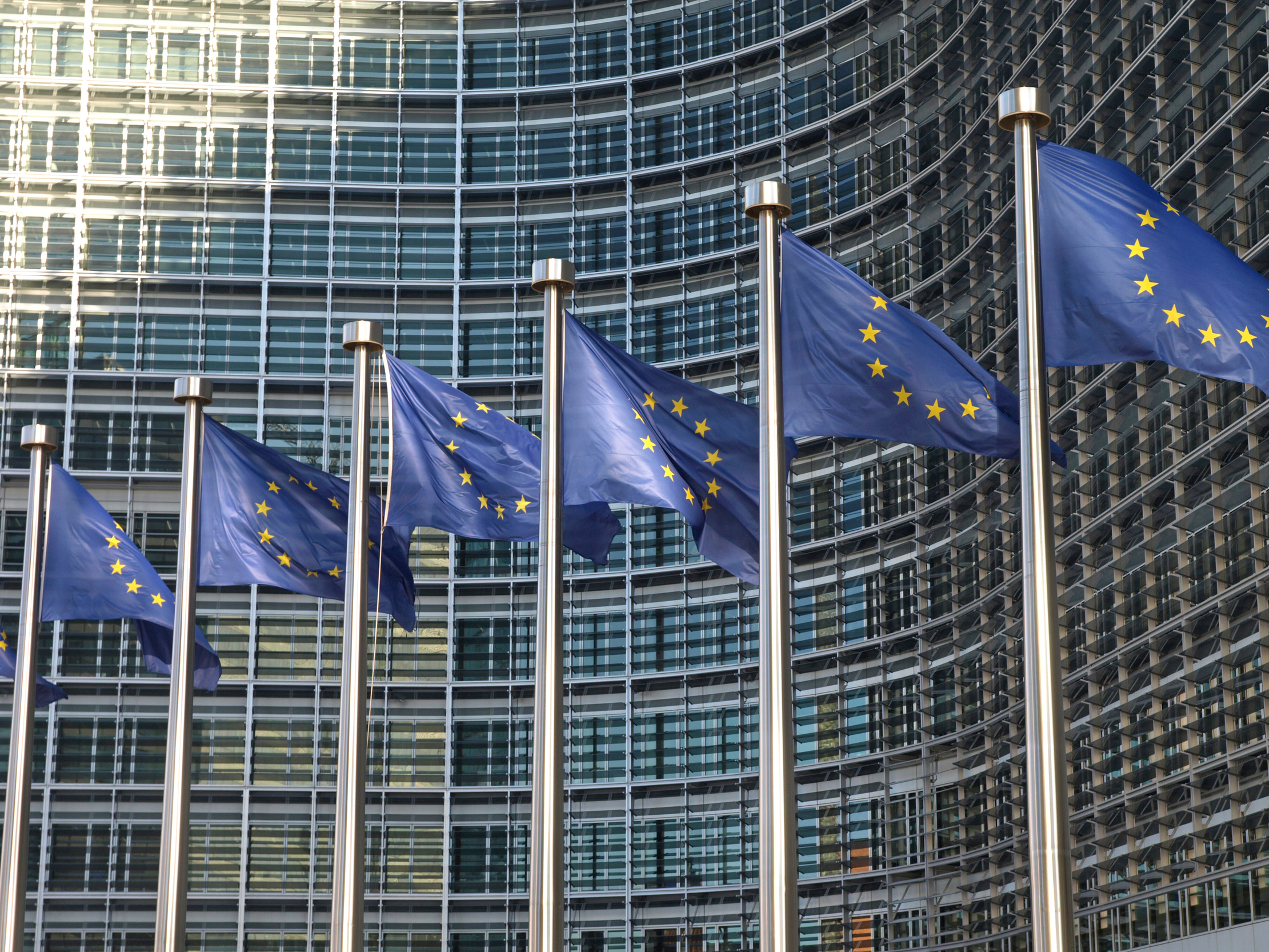 £130 million Google-UK tax deal could be squashed by EU
£130 million Google-UK tax deal could be squashed by EUNews SNP and Labor question terms of perceived low-rate deal
-
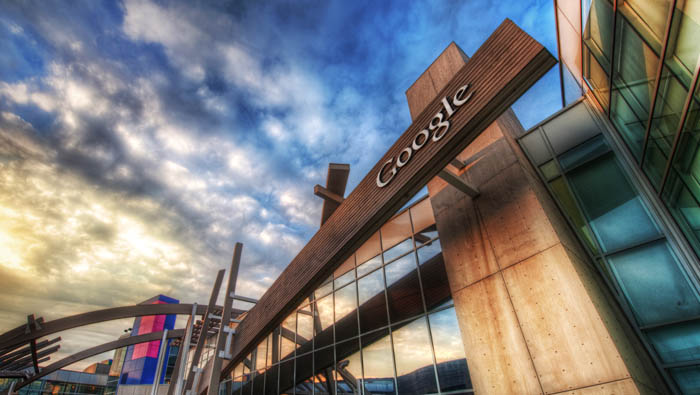 Google blames search “monopoly” on bug
Google blames search “monopoly” on bugNews Glitch was responsible for Yelp and TripAdvisor getting buried in search results, claims search engine giant


